Most individuals are split into two groups when a coincidence occurs: those who are prone to write off such occurrences as chance, and those who perceive significance or a wider pattern behind them. The cosmos is continuously working to sprinkle little moments of serendipity into our daily lives, despite how implausible it may seem to meet your
doppelgänger or have the same
birthday as your best friend.
The most
amazing coincidences in
history are listed here. So, continue reading and be ready to be shocked by these startling coincidences that will convince even the most skeptical people that
fate exists.
#1 Mark Twain's birth and death coincide with Halley's Comet
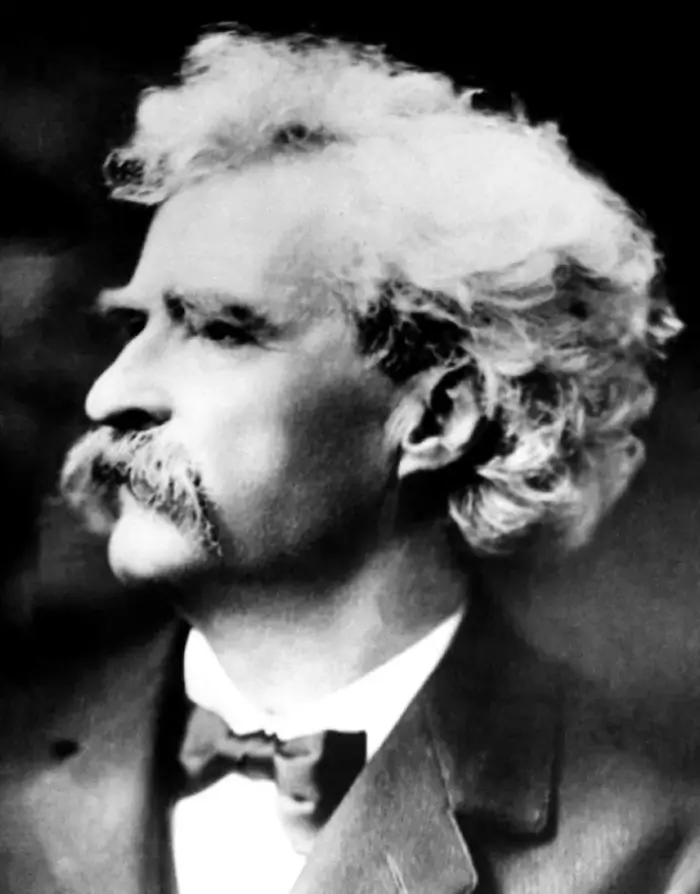 Source: Shutterstock
Source: Shutterstock
Samuel Langhorne Clemens, known more popularly by his nom de plume,
Mark Twain, was born in 1835, the same year that Halley's Comet made its first appearance. The comet made a second appearance in 1910, the year that Twain died, and the author, according to the
New York Times, famously predicted that the two events would coincide. He's quoted as saying, "The Almighty has said, no doubt, 'Now here are these two unaccountable freaks; they came in together, they must go out together."
#2 Stephen Hawking shares his birth and death dates with Galileo and Einstein, respectively
 Source: Shutterstock/The World in HDR
Source: Shutterstock/The World in HDR
Theoretical physicist,
cosmologist, and author
Stephen Hawking was famously born on the 300th anniversary of Galileo's death, and died on what would have been Einstein's 139th birthday. That said, the far more confounding question of statistical improbability surrounding Hawking's life was the fact that he survived to be 76 despite living with Lou Gehrig's Disease.
Though we know very little about the disease, according to
Scientific American, most of those diagnosed live for about five years past diagnosis. Yet Hawking survived for more than five additional decades, allowing him to share
his crucial insights and gifts with the world—not to mention his legendary humor.
#3 Political adversaries Thomas Jefferson and John Adams died within hours of each other—on July 4th
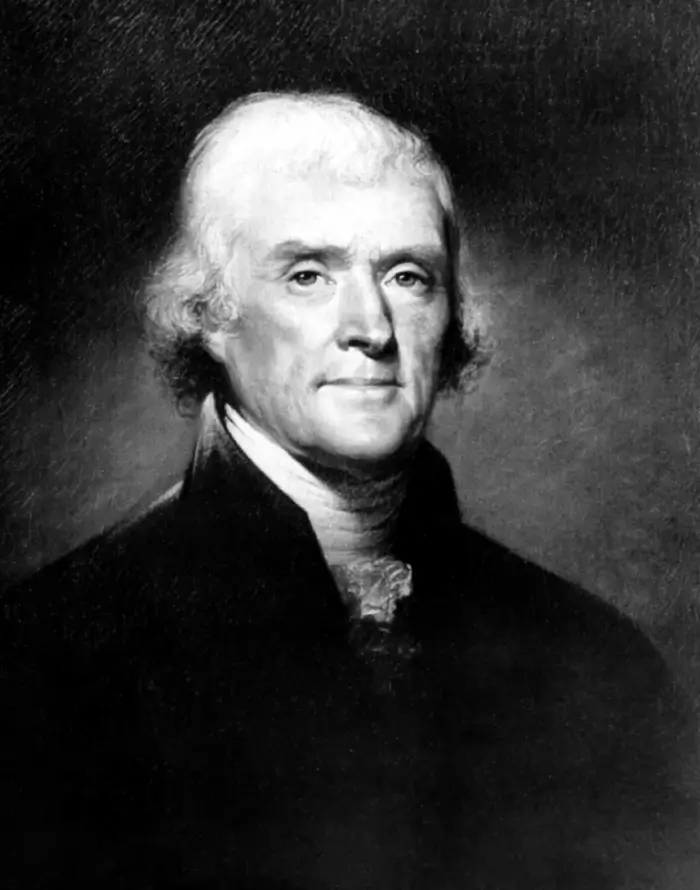 Source: Shutterstock
Source: Shutterstock
The relationship between former presidents
Thomas Jefferson and
John Adams took quite a few twists and turns over the years. They began as allies, then gradually grew into adversaries as their politics divided them. As the last two surviving members of the American revolutionaries from the British Empire, they eventually reconciled and corresponded by letter until their final years. They
famously died within hours of one another on the same day in 1826: on the
Fourth of July, no less.
#4 A meteor hit the Commette family's home
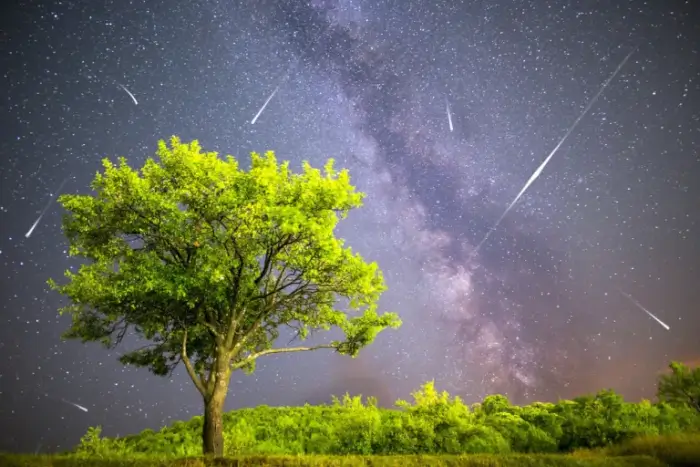 Source: Shutterstock
Source: Shutterstock
National Geographic reports that your odds of being killed by a meteor are 1 in 1,600,000. So the odds would seem infinitesimally small that a meteor—which had been flying through space for more than four-and-a-half billion years without hitting a target—would hit the home of a family with the last name "Commette." According to
Time, in a bizarre case of cosmic synchronicity, that is exactly what happened to one family in France. Thankfully, no one was hurt, and the Commettes are now the proud owners of their own extremely rare extra-terrestrial rock.
#5 Anthony Hopkins happened upon a signed copy of the book he was searching for in a train station
 Source: Shutterstock
Source: Shutterstock
In the early 1970s,
Anthony Hopkins was slated to play Kostya in a
film adaptation of
The Girl from Petrovka. To prepare for the role, he set out to
read the book, but was unable to find a copy in any book store despite a rigorous search. Then, as
internet legend has it, while sitting in a London Tube station, he noticed a copy of that very book that someone had left behind. When he opened it, he found that the book had also been signed by its author,
George Feifer.
#6 John Wilkes Booth's brother saved Abraham Lincoln's son from death
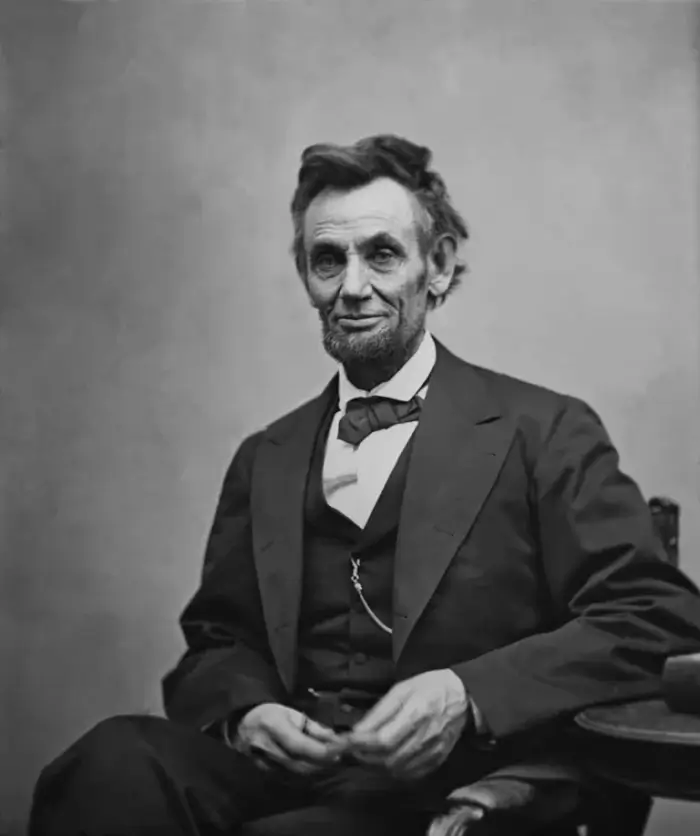 Source: Shutterstock/Everett Historical
Source: Shutterstock/Everett Historical
John Wilkes Booth and Abraham Lincoln
reportedly had a coincidental family connection long before Booth shot Lincoln on that fateful day in April in 1865. Booth's brother, Edwin, was a somewhat famous stage actor who ardently supported the Union during the Civil War. While in a train station in New Jersey, Lincoln's son,
Robert Todd Lincoln, leaned up against a stopped train, nearly falling onto the tracks as it started up again.
Edwin Booth grabbed him by the collar and saved him just in time. The younger Lincoln recognized his hero and wrote about the incident, but it wasn't until years later that Booth found out who he had saved.
#7 And that same son of Lincoln's witnessed three presidential assassinations
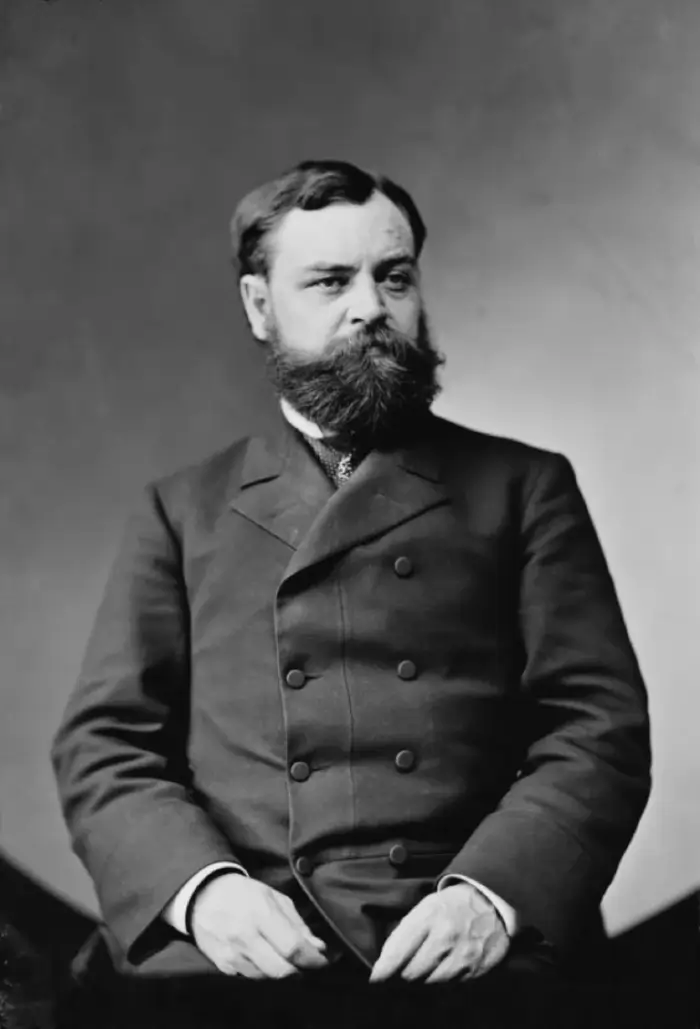 Source: Shutterstock/Everett Historical
Source: Shutterstock/Everett Historical
While it would be rare to be present for the death of any president,
Robert Todd Lincoln was in some way present for not one, not two, but
three presidential assassinations. Though he wasn't there at the theater during his father's fateful shooting, he was rushed to his deathbed and sat by his side until the elder Lincoln passed away. Later, he was an eye-witness to the killing of
President James A. Garfield. Finally, in 1901, Lincoln was nearby in Buffalo, New York, at the invitation of
President William McKinley, when the president was fatally shot.
#8 An engaged coupled discovered their parents almost married one another
 Source: Shutterstock
Source: Shutterstock
As told in an episode of NPR's
This American Life, titled "No Coincidence, No Story,"
Stephen and
Helen Lee had just gotten engaged when they made a shocking family discovery. While looking through family photos during their engagement party in New York, they realized that the bride's mother and groom's late father had nearly gotten married in Korea in the 1960s, but moved onto other relationships because
their parents disapproved. By incredibly narrow odds, the two loves of Lee's father's life—from two different sides of the world, no less—now share grandchildren decades later.
#9 One woman survived the Titanic, Britannic, and Olympic shipwrecks
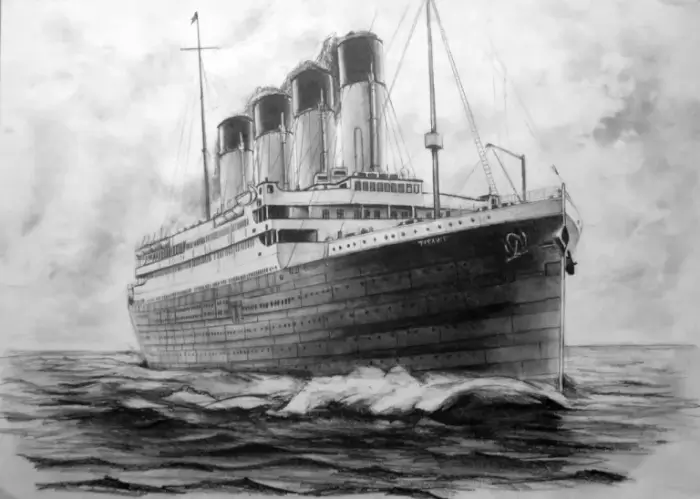 Source: Shutterstock
Source: Shutterstock
Violet Jessop was a nurse and ocean liner stewardess who earned the nickname "Miss Unsinkable" by surviving both the accidents of the
Titanic in 1912 and its sister ship, the
HMHS Britannic, which met the same fate in 1916. Jessup was also reportedly on board a third boat, the
RMS Olympic, when it hit a war ship—but fortunately, the
Olympic stayed afloat.
#10 The first and last battles of the Civil War were fought next to the same man's property—in different towns
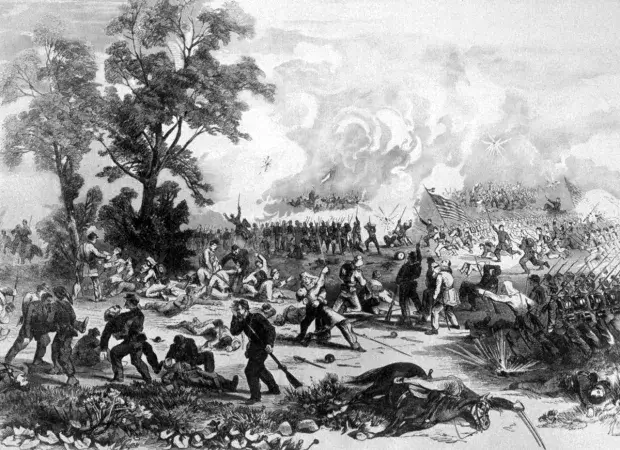 Source: Shutterstock
Source: Shutterstock
The Civil War broke out in 1861 with the First Battle of Bull Run. "Bull Run" references the name of a stream that wound its way through the farm of a 46-year-old grocer named
Wilmer McLean in Manassas, Virginia. After the devastation of the battle, McLean left to find safety in a new home with his wife in Appomattox, Virginia, and, for roughly four years, he was indeed safe as the bloody war overtook the nation. In 1865, the war came to a close when
Robert E. Lee surrendered to
Ulysses S. Grant at the Appottomax Courthouse—just steps from McLean's new property.
#11 The Separated Twins With The Almost Identical Lives
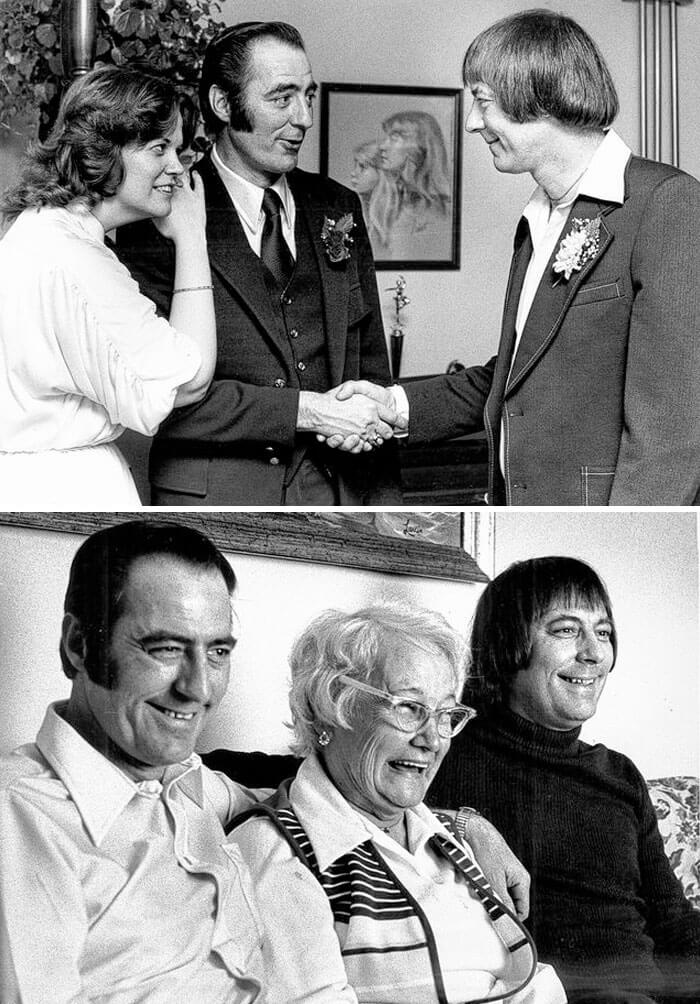 Source: The Lima News
Source: The Lima News
A set of twins from Ohio who were separated at birth grew up without any knowledge of each other's existence. They lives did however share a number of strange similarities. They were both named James on their adoptions, they both grew up to be police officers, and both of them married women named Linda. But that's not all. Each had a son, one named James Allan and the other one named James Alan, and each also had a dog named Toy. Both brothers later got divorced, and both ended up remarrying women named Betty! (source: people)
#12 Did Edgar Allan Poe Have A Time Machine?
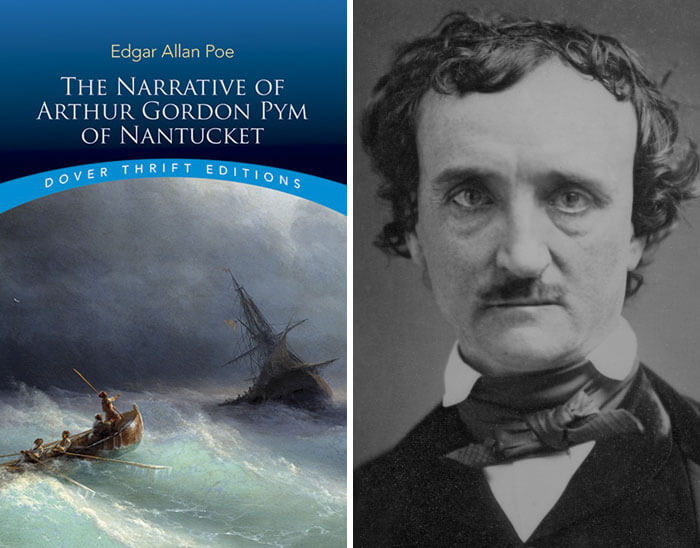 Source: Edgar Allan Poe
Source: Edgar Allan Poe
Did Edgar Allan Poe own a time machine? Some people think so. How else could he have known about an event almost half a century before it happened? In his book called The Narrative of Arthur Gordon Pym of Nantucket, the author describes how four sailors who survived the sinking of their ship were forced to eat a rather unfortunate cabin boy named Richard Parker. Although Poe claimed that the story was based on real events, that wasn't actually true. 46 years later however, a boat really did sink, and the members of the crew who were rescued were forced to eat a cabin boy in order to survive. The cabin boy's name? You guessed it - Richard Parker. (source: nytimes, seesouthampton)
#13
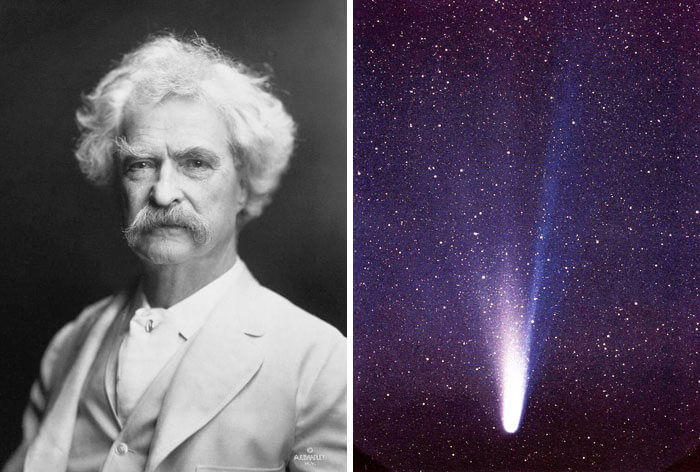 Source:
Source:
Did the famous writer Mark Twain predict his own death? Well if he didn't then it was a major coincidence. The writer was born in 1835, when Halley's Comet was passing the earth. It only passes once every 76 years or so, but Twain predicted that he would die on its next passing. "I came in with Halley's Comet in 1835," he said in 1909. "It is coming again next year, and I expect to go out with it." The writer died on the very day of its appearance in 1910. (americanliteraryblog, wikipedia)
#14 Miss Unsinkable
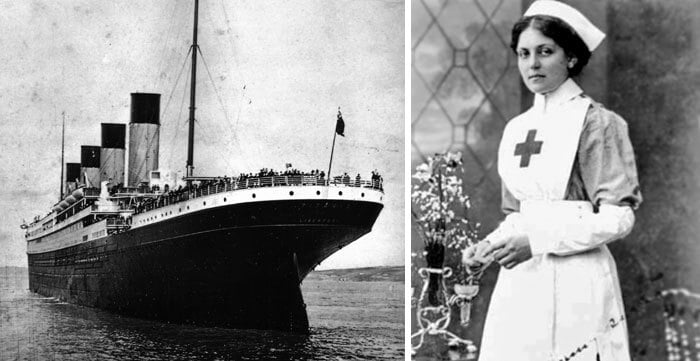 Source: wikipedia
Source: wikipedia
Depending on how you look at it, Violet Jessup was either one seriously lucky lady, or she was one seriously bad omen. The stewardess and nurse was on the HMS Olympic when it struck the HMS Hawke, she was on board the HMHS Britannic when it sank after hitting a sea mine, and she was also traveling on the RMS Titanic when it sank after hitting an iceberg in the North Atlantic. No wonder she later become known as Miss Unsinkable! (source: historybuff)
#15 The Case Of Anthony Hopkins And A Rather Rare Book
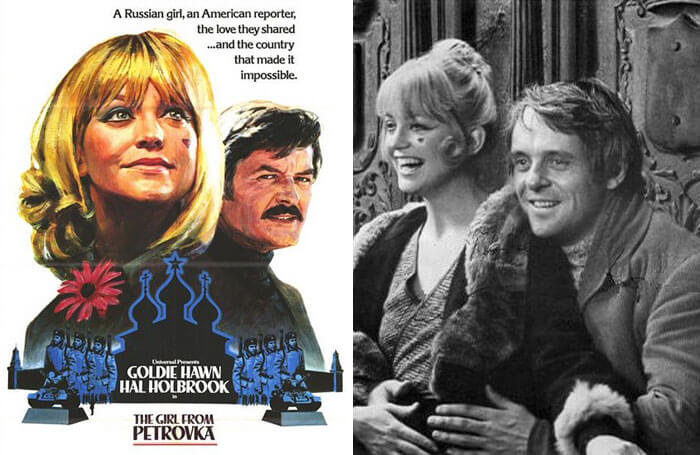 Source: Universal Pictures
Source: Universal Pictures
When Anthony Hopkins was preparing for his role in The Girl from Petrovka, he wanted to find a version of the book (written by George Feifer) so he could study it before filming began. But wherever he looked, he couldn't find a copy until one day, while sitting on the subway, he found a copy on the carriage in which he was travelling. But that's not the end, because when Hopkins later met the author, Feifer told him that he also didn't have a copy of the book. Why? Because he'd lent his last one to a friend, who had then accidentally lost it on the subway! (source: npr, dm)
 Source: Shutterstock
Source: Shutterstock Source: Shutterstock/The World in HDR
Source: Shutterstock/The World in HDR Source: Shutterstock
Source: Shutterstock Source: Shutterstock
Source: Shutterstock Source: Shutterstock
Source: Shutterstock Source: Shutterstock/Everett Historical
Source: Shutterstock/Everett Historical Source: Shutterstock/Everett Historical
Source: Shutterstock/Everett Historical Source: Shutterstock
Source: Shutterstock Source: Shutterstock
Source: Shutterstock Source: Shutterstock
Source: Shutterstock Source: The Lima News
Source: The Lima News Source: Edgar Allan Poe
Source: Edgar Allan Poe Source:
Source: Source: wikipedia
Source: wikipedia Source: Universal Pictures
Source: Universal Pictures